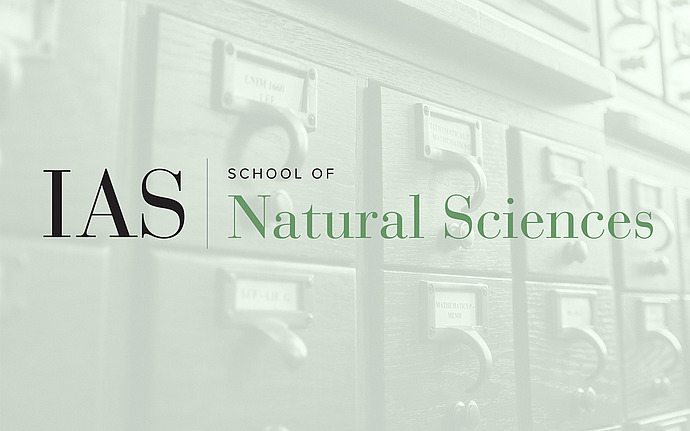
Institute for Advanced Study / Princeton University Joint Astrophysics Colloquium
Learnings about, and from, fast radio bursts
The origins of the millisecond-duration, energetic (>10^39 erg) fast radio bursts (FRBs) at extragalactic distances remain shrouded in mystery. Although FRBs are likely associated with neutron stars, they appear to occur in a remarkable diversity of environments. Understanding the formation of FRB sources is thus intertwined with problems in neutron-star formation. FRBs additionally form exquisite tracers of the contents and physical conditions of the otherwise "missing" baryons along their sightlines. I have led the development of the Deep Synoptic Array (DSA-110) radio telescope, which is discovering and pinpointing FRBs to host galaxies at a world-leading rate. The host-galaxy and radio-burst properties of the DSA-110 sample shed new and arguably conclusive light on the origins of FRBs. DSA-110 discoveries have, for the first time, sensitively determined the split between the cosmic baryon contents around and in between galaxies, and are enabling direct measurements of the suppression of the matter power spectrum on 0.1—10 Mpc scales.
Date & Time
Location
Peyton Hall, Auditorium, Princeton UniversitySpeakers
Additional Info
Event Series
Categories
Notes
10:30am Coffee Peyton Grand Central
11:00am Lecture in Peyton Auditorium